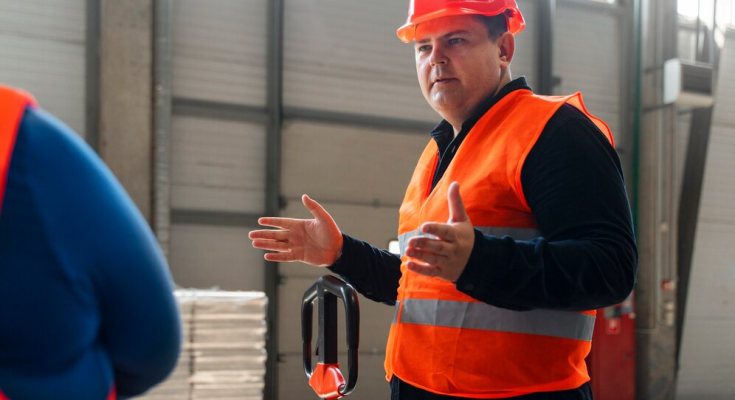In today’s dynamic industrial landscape, safety and efficiency are paramount concerns for logistics and warehouse operations. Freight broker training plays a crucial role in ensuring smooth transportation operations, while sprinkler guard systems are essential for safeguarding warehouses against fire hazards. This article explores the synergy between freight broker training and sprinkler guards, highlighting how their integration can enhance overall safety and operational efficiency.
Understanding Freight Broker Training
Freight broker training equips individuals with the knowledge and skills necessary to facilitate the transportation of goods between shippers and carriers. Brokers act as intermediaries, negotiating contracts, arranging shipments, and ensuring compliance with regulatory requirements. Their expertise streamlines logistics processes, optimizing routes and reducing transit times.
Importance of Sprinkler Guard Systems
Sprinkler guard systems are critical components of warehouse safety infrastructure. These systems detect and suppress fires, mitigating potential damages to goods and property. By swiftly responding to fire incidents, sprinkler guards help minimize operational disruptions and protect personnel from harm. Properly installed and maintained systems adhere to stringent safety standards, ensuring warehouses remain compliant with regulatory guidelines.
Synergizing Freight Broker Training with Sprinkler Guards
- Risk Assessment and Mitigation: Integrating freight broker training with knowledge of sprinkler guard systems enables logistics professionals to conduct comprehensive risk assessments. Brokers can evaluate potential hazards during transportation and storage, considering fire risks and the adequacy of fire suppression measures. This proactive approach minimizes the likelihood of incidents that could impact cargo and operational continuity.
- Compliance and Regulatory Adherence: Freight brokers trained in logistics safety protocols understand the importance of regulatory compliance, including fire safety regulations. They ensure that shipping routes and warehouse facilities are equipped with adequate sprinkler guard systems and adhere to fire safety codes. This compliance not only enhances operational safety but also prevents legal liabilities that could arise from non-compliance.
- Emergency Response Coordination: During emergencies such as fires, effective communication and coordination are crucial. Freight brokers trained in emergency response protocols can collaborate with warehouse management and emergency responders to swiftly address incidents. Knowledge of sprinkler guard systems enables brokers to assist in activating and maintaining these systems, potentially containing fires before they escalate.
- Operational Continuity and Efficiency: Integrating sprinkler guard awareness into freight broker training fosters a culture of safety within logistics operations. By prioritizing safety measures, brokers contribute to uninterrupted supply chains and optimized logistics processes. Reduced downtime due to fire incidents translates to enhanced operational efficiency and client satisfaction, as deliveries remain on schedule and goods reach their destinations intact.
Case Study: Implementing Integration
A case study of a logistics company demonstrates the benefits of integrating freight broker training with sprinkler guard systems. By educating brokers on fire safety measures and their impact on transportation logistics, the company reduced insurance premiums and improved safety ratings. This proactive approach not only safeguarded assets but also enhanced customer trust, positioning the company as a leader in safety-conscious logistics solutions.
Conclusion
In conclusion, integrating freight broker training with sprinkler guard systems enhances safety and efficiency in logistics and warehouse operations. By equipping logistics professionals with comprehensive knowledge of fire safety measures, organizations mitigate risks, ensure regulatory compliance, and maintain operational continuity. This synergy not only protects valuable assets but also fosters a resilient and productive logistics environment. As industries evolve, prioritizing safety through integrated training approaches remains paramount for sustainable growth and client satisfaction in the global marketplace.



